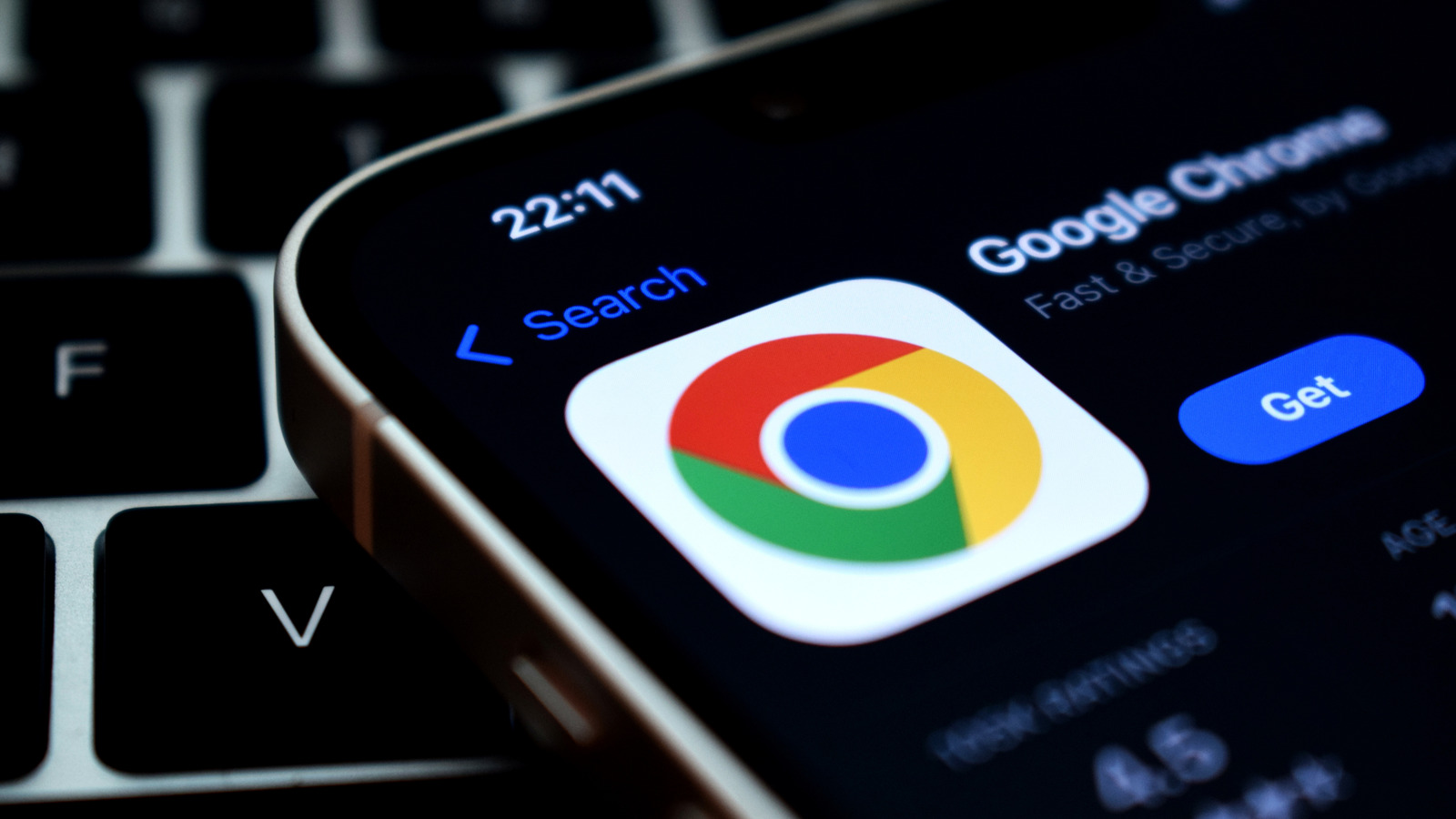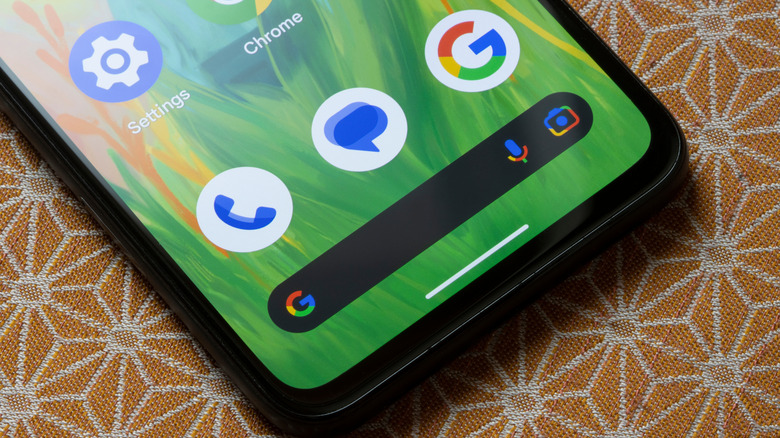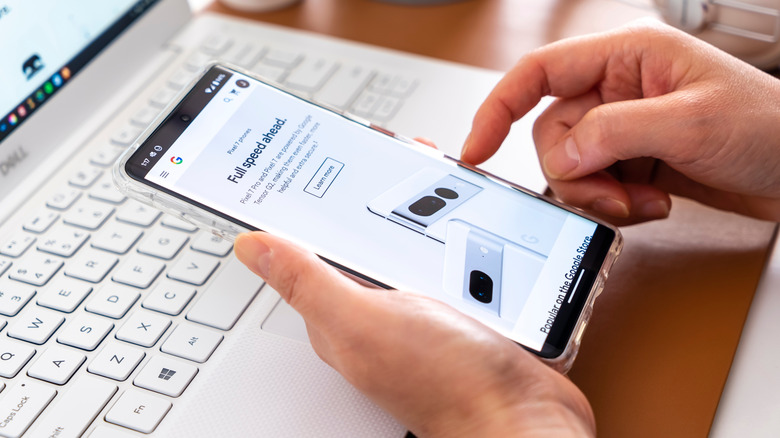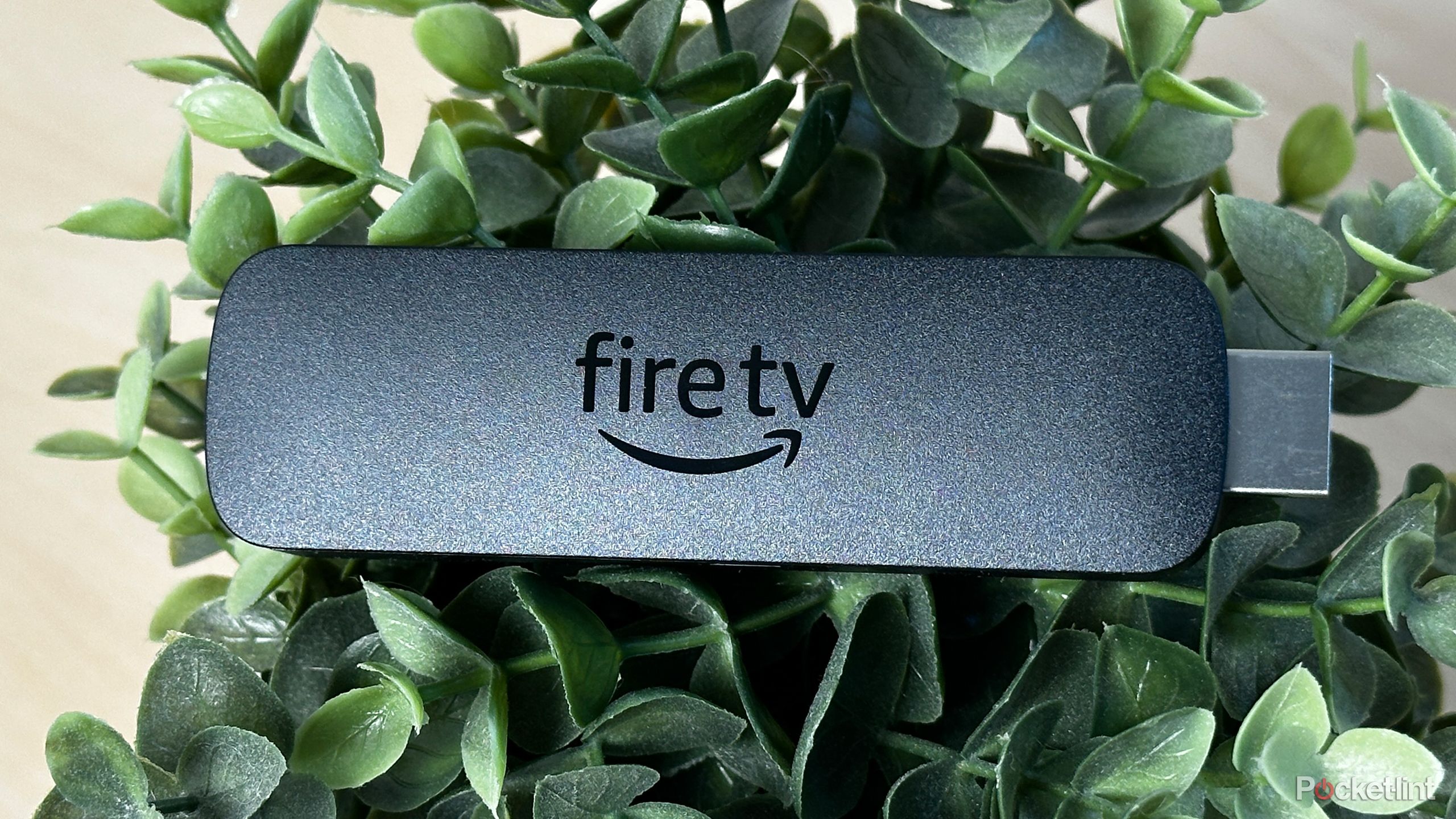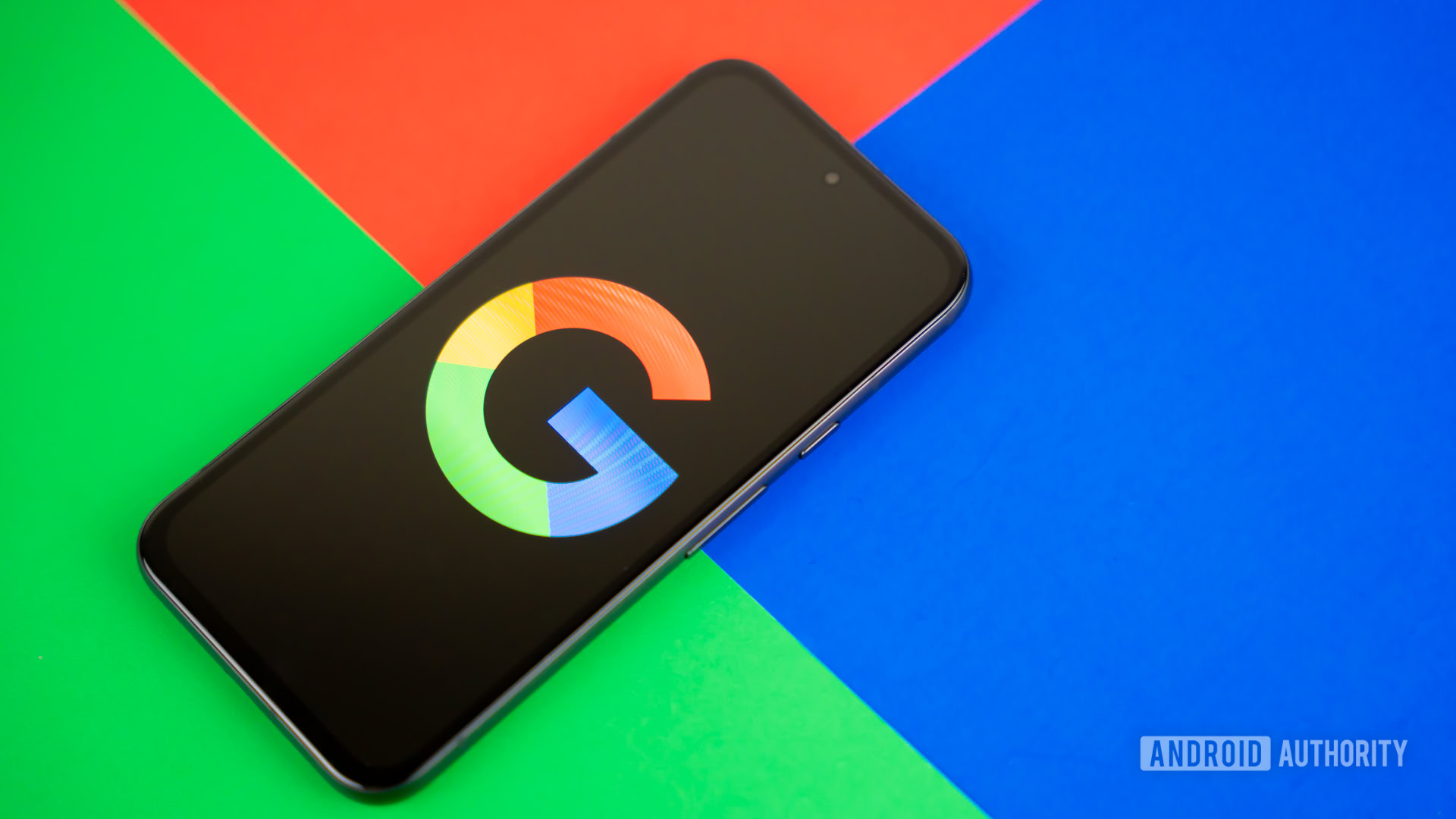The easiest choice is not always the safest one when it comes to the browser you use on your Android phone. Most people stick with whatever came preloaded, rarely questioning it. If you’ve never changed yours, there’s a good chance it’s Google Chrome, a built-in browser that dominates the Android market yet quietly demands more of your personal data than you might expect. Google has taken steps to protect users, like using AI to detect threats and protect you in Chrome, but these protections do not eliminate the underlying tracking mechanisms.
Surfshark, a VPN company that focuses on online privacy and security, recently researched how much information popular mobile browsers collect. Their findings show that Chrome is the most data-hungry browser, gathering more categories of sensitive information than any other major competitor — from browsing history to saved payment details and even contact lists. With around four billion people using Android worldwide, this data harvesting happens on a staggering scale.
Chrome might at first seem harmless — just the price for faster autofill, personalized news, and easy syncing across your devices. But those perks often mean constant tracking, detailed profiles of your habits, and a bigger risk of your information falling into the wrong hands. Chrome quietly collects more than you realize. Here’s why using Chrome could compromise your privacy.
Why sticking with Chrome could be a privacy problem
Chrome is closely tied to Google’s advertising and analytics networks, which means it doesn’t just display web pages — it’s constantly observing how you interact with the web. It’s learning about you. And it doesn’t matter whether you’re actively browsing or not. Google top Chrome extensions, processes, and embedded trackers collect information in the background to build a detailed profile of your habits and preferences.
A class action lawsuit against Google in 2020 highlights just how pervasive and invisible Chrome’s tracking can be. AP News reports that Google settled part of the lawsuit by agreeing to delete “billions of personal records” collected during Incognito sessions in 2024. The settlement clarified that websites and third parties may still share information with Google in private mode.
Features like autofill, personalized news, and recommended content all feed into the same tracking ecosystem. Over time, even small interactions when using the web browser like clicking a news link, visiting a website, or lingering on a page become part of a digital footprint that is exposed unknowingly. For anyone concerned with privacy, this level of integration is a serious reason to reconsider relying on Chrome as the default browser.
How to regain control of your browsing and privacy
Privacy-focused browsers place limits on the information they gather, often stripping out trackers entirely or blocking them before they can load. To regain control of your browsing, switch from Chrome to a web browser that prioritizes privacy. Fortunately, Android’s open ecosystem means you are not bound to the browser that came preloaded on your phone.
Alternatives such as Brave, DuckDuckGo, Firefox, and Tor each take different approaches to protecting users. However, they all ensure that the browsing history remains under your control. They cut down the constant flow of data about your behavior, which helps protect your privacy and keeps your online activity more anonymous. While no browser is perfectly anonymous, any of these options gives you far greater control over your digital footprint.
Switching is easy, and the benefits can be substantial. Install the browser of your choice, set it as the default, and adjust permissions to minimize location sharing and other data access. Doing so immediately reduces the amount of information flowing out of your device and curtails the tracking that feeds advertising profiles. Chrome has also introduced features like hiding your IP address to prevent online tracking, which provides some protection, but the broader data collection still occurs behind the scenes. If you’ve been using Chrome by default, it might be time to reconsider which browser you keep on your Android phone.

